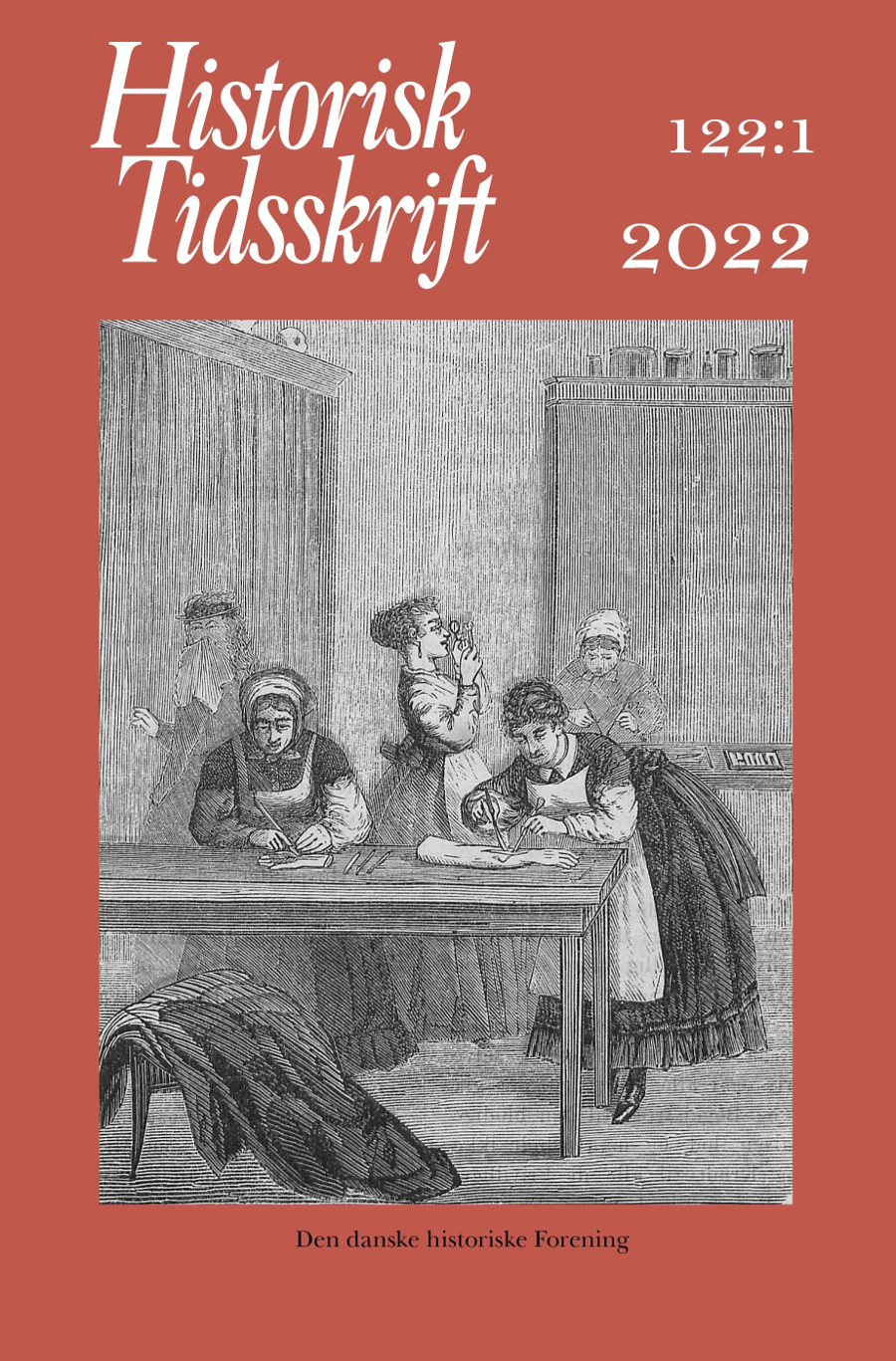En ukvindelig dame? Billedet af udenlandske kvindelige læger og andre akademikere i Danmark 1849-1875
DOI:
https://doi.org/10.7146/ht.v122i1.132922Resumé
An Unladylike Woman? The Image of Foreign Women Physicians and other Academics in Denmark, 1849–1875
In reply to an application from Nielsine Nielsen, a young woman teacher who wanted to become a physician, women in 1875 gained access to Denmark’s only university, in Copenhagen, following a year and a half of debate among university and governmental authorities. Danish literature on women’s access to higher education has long focused on this debate, neglecting the international context and at times suggesting that Miss Nielsen’s application came as a shock to the authorities. This article analyses Danish news coverage of women’s academic achievements in the United States and Europe from Elizabeth Blackwell’s medical degree in New York, in 1849, through events surrounding Nielsen’s application, submitted in early 1874, arguing that Nielsen’s application hardly came as a shock in so far as the Danish public was well-informed; by the early 1870s, it was obvious that Danish women were about to demand access to higher education in general and, in particular, medical education. Women physicians and students at American women’s or co-educational colleges were represented as competent and successful, thus recasting prevailing notions of women’s capabilities. It was more up for debate whether or not a woman could pursue an academic career without losing her femininity. The dominant ideology of separate, gendered spheres was not challenged, yet the boundaries were being renegotiated, making space for women physicians within an extended private sphere as they practised medicine without crossing any established gender boundaries.
Downloads
Publiceret
Citation/Eksport
Nummer
Sektion
Licens
Ophavsret til bidrag i Historisk Tidsskrift tilhører forfatterne og Den danske historiske Forening som udgiver af Historisk Tidsskrift. For illustrationer gælder den ophavsret, som står anført i billedteksten. Ophavsretslovens almindelige bestemmelser gælder, hvilket vil sige, at ophavsretten gælder i 70 år efter forfatterens død. Bidrag i Historisk Tidsskrift må derfor, med forbehold for en ”moving wall” på tre år, frit downloades, læses, gemmes, anvendes og citeres (med kildeangivelse) i privat og videnskabelig sammenhæng, men de må ikke helt eller delvis genudgives af tredjepart, heller ikke i redigeret form, uden tilladelse fra forfatterne og Den danske historiske Forening. Henvendelse skal i så fald rettes til Historisk Tidsskrifts redaktion på histtid@hum.ku.dk.





